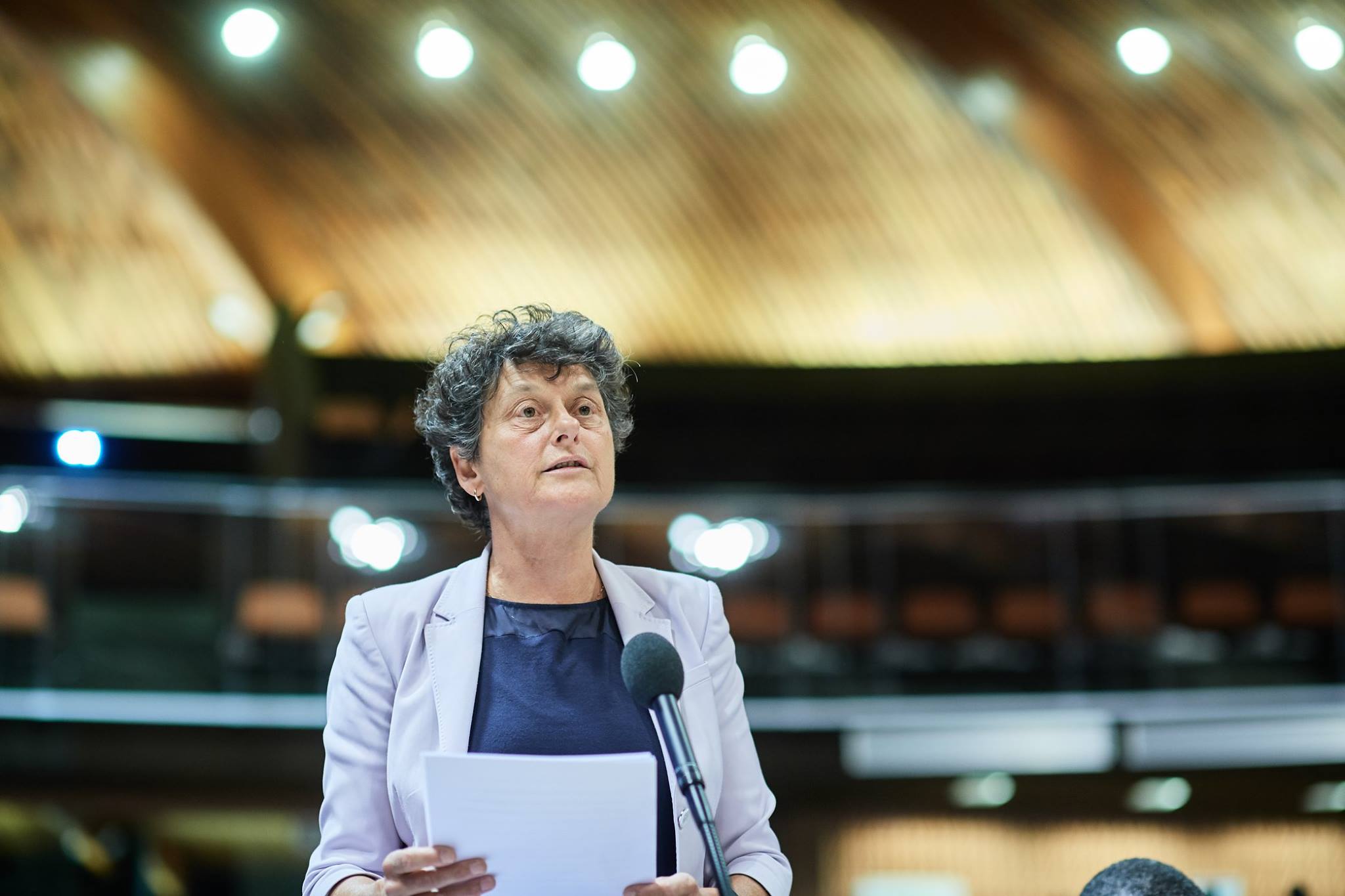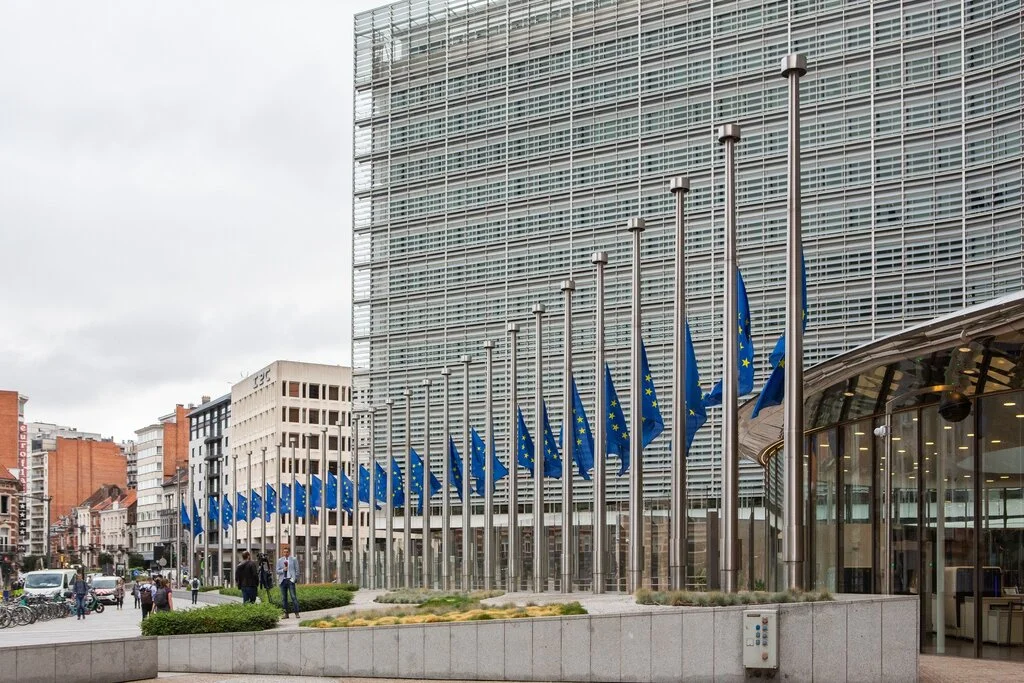Change language:
Tineke Strik in Budapest: EU aims to protect the Hungarians from concentration of power and corruption

Tineke Strik, the European Parliament’s rapporteur on the rule of law in Hungary visited Budapest last week. In an interview, she shared her general opinion on Hungary, as well as insights into the rule of law issue, frozen EU funds and the lack of Erasmus programme opportunities for Hungarian youth.
Tineke Strik in Hungary
Tineke Strik, the Dutch Green Party MEP and newly appointed European Parliament rapporteur on the rule of law in Hungary, visited Budapest last week. In an interview with Telex, she discussed her perspective on Hungary’s rule of law situation, her thoughts on the EU’s actions, and her efforts to engage with the Hungarian government. Strik also noted that this was not her first visit, having been to Hungary multiple times, including during her university career and twice in her last parliamentary term, both for rule of law concerns.

Judgement on Hungary
Tineke Strik, the European Parliament’s rapporteur on the rule of law in Hungary, expressed deep concern over the deteriorating situation in the country. She highlighted growing issues such as smear campaigns, state propaganda, and the targeting of teachers, judges, and NGOs, which are fostering a climate of fear and control throughout society. Strik criticised the government for creating insecurity by using emergency powers to bypass institutions like the National Assembly.
Although she attempted to engage with government representatives, her requests for meetings were declined. Instead, she consulted with the Fundamental Rights Commissioner and the Integrity Authority, as well as visiting regions beyond Budapest to gain a broader perspective.
The rule of law issue
Tineke Strik criticised the ineffectiveness of the Article 7 procedure, which has been ongoing for six years without significant action. She expressed frustration that despite numerous hearings, EU Member States have not made any formal recommendations to address Hungary’s rule of law breaches. Strik noted that reluctance among Member States to criticise each other and fear of exposing divisions in the Council of Ministers has stalled progress, with many adopting a short-term approach.
Strik also addressed the Hungarian government’s argument regarding the suspension of Article 7 in Poland, acknowledging that the EU’s swift action in resuming funding might have given Hungary an excuse to undermine the procedure. However, she highlighted that Poland’s new government has introduced a plan to restore the rule of law. Strik believes more time should have been taken to assess Poland’s situation to avoid the perception of double standards.
EU funds and Erasmus
During the interview, Tineke Strik reacted to the Hungarian government’s criticism that the European Parliament seeks to cut off funds from Hungarian citizens. She emphasised that the EU’s actions aim to protect the Hungarian people from the concentration of power and corruption. Strik criticised the misuse of EU funds, which she argues are benefiting corrupt politicians and oligarchs rather than citizens. She highlighted the need for greater transparency and support for Hungarian movements fighting for the rule of law, warning that lifting the current freeze on funds would only enable further corruption.
Strik also acknowledged the negative impact on citizens, such as Hungarian students being excluded from Erasmus programmes. She called for exceptions to be made to ensure young people can experience life in free societies, which may shift public opinion. Strik stressed that ongoing reforms agreed between the Hungarian government and the European Commission must be implemented in practice, not just on paper. She urged the European Commission to take a more critical approach to ensure genuine judicial independence and effective anti-corruption measures, warning that once EU funds are unfrozen, it would be harder to halt them again if reforms are not fully realised.

Read also:








The EU membership is hoping that a new government would take office following the 2026 election bringing to an end rule of law concerns as happened in Poland thus ending the need to proceed further on Article 7 sanctions. I’m betting that concrete action would ensue quickly after a Fidesz reelection. The fact that the government refused to meet with the EU representative tells you that there is no hope that they will ever reform. Fidesz will drag this out and Article 7 sanctions will eventually come as will action by NATO as well to sideline Hungary’s membership to really make Hungary effectively a total non-participant in the organization which it already is to a great extent.
Hungary needs protection from Brussels’ dictatorship and unreasonable EU policies like agriculture and migration.